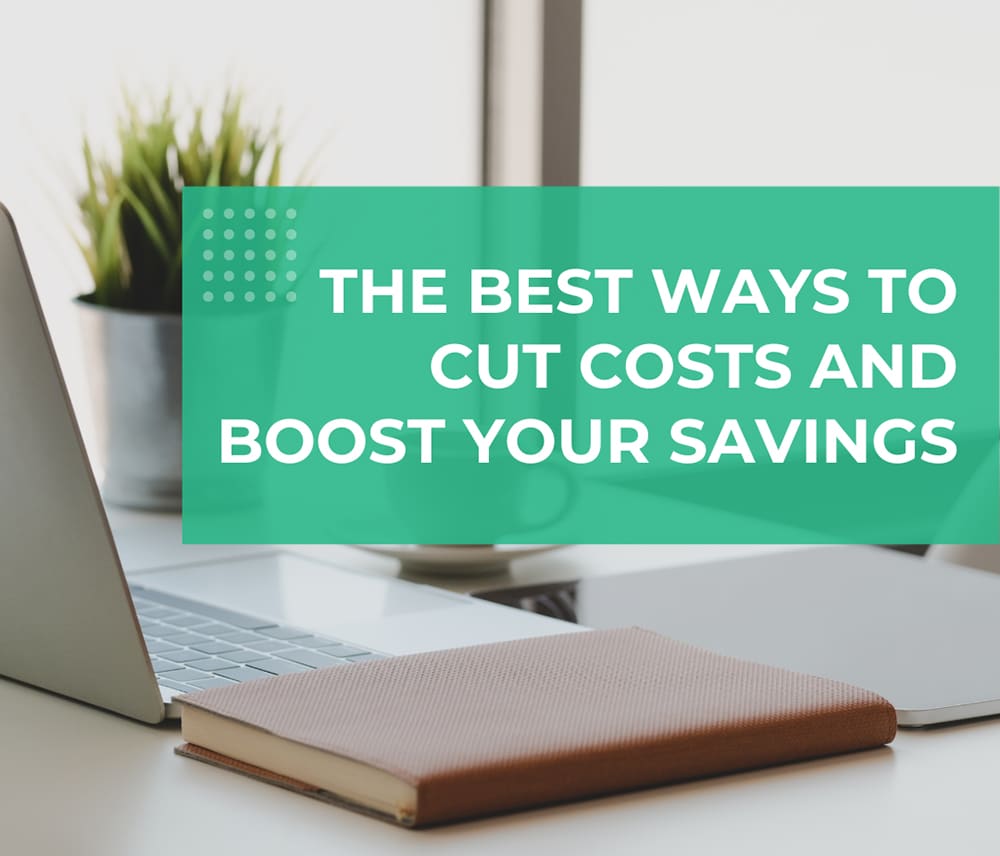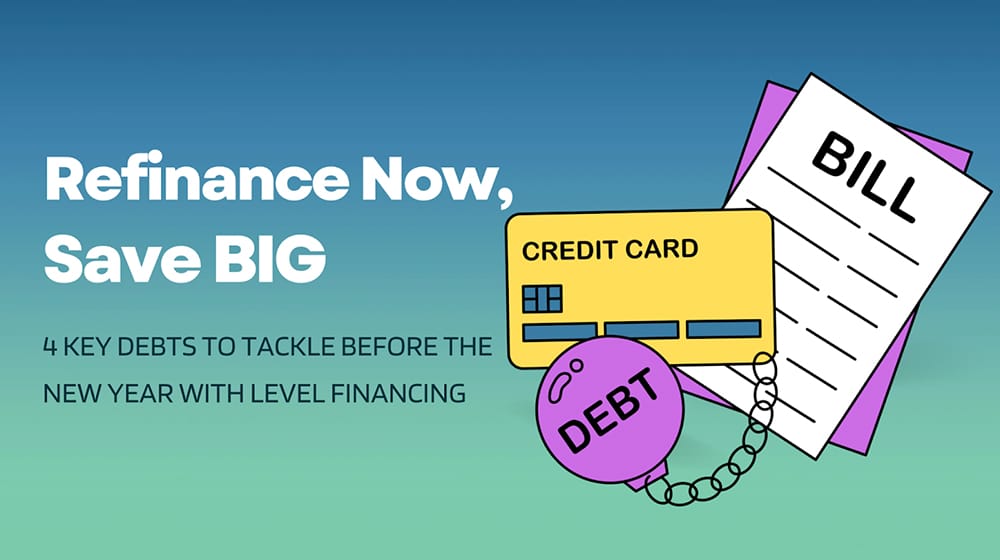Managing one’s finances can be an overwhelming responsibility for many, yet it is crucial for reaching financial objectives and leading a worry-free existence. One of the best approaches to attain financial security is by decreasing expenditures and boosting savings. However, putting this into practice can be difficult, particularly in today’s environment, where expenses appear to be rising at a concerning pace.
Fear not, as there are straightforward and efficient money-saving strategies that can help you reduce costs and achieve your financial targets. From establishing a budget to eliminating unnecessary expenses, these cost-saving tips empower you to take charge of your financial situation and attain monetary independence.
In this article, we will explore some of the best ways to cut costs. These top money-saving suggestions that are simple to execute and can significantly impact your financial health.
The Importance of Saving Money
Accumulating savings is crucial for attaining financial steadiness and protection. It allows you to establish a safety buffer for unforeseen costs, clear debts, and invest in your future.
Allocating a portion of your monthly earnings for savings should be a primary focus. The sum you save might differ based on your income, outgoings, and financial objectives. Nonetheless, a practical guideline is to reserve a minimum of 20% of your monthly revenue. This practice will contribute to a considerable savings fund over time and offer a financial safety net during challenging periods.
Key Takeaway: Saving money is essential for achieving financial stability and security. Having savings can help you prepare for unexpected expenses, pay off debts, and invest in your future.

Analyzing your Expenses
The initial step when lowering costs involves understanding your spending habits. Examining your expenses allows you to pinpoint areas where cutbacks and savings are possible. Begin by reviewing your bank statements and credit card bills from the past few months. Organize your expenses into distinct categories, such as housing, transportation, food, entertainment, and so forth. This process will offer a transparent understanding of your spending patterns and help you recognize areas for potential reductions.
After evaluating your expenses, it’s time to determine which areas can be trimmed. Seek out unnecessary or reducible costs. For instance, if dining out consumes a large portion of your food budget, consider cooking at home more frequently. Likewise, if you’re paying for unused subscriptions, cancel them. These actions will contribute to decreased expenses and increased savings.
Key Takeaway: To cut costs and boost savings, analyzing your expenses is crucial. By reviewing your bank statements and credit card bills, you can identify areas where cutbacks and savings are possible. Categorizing your expenses makes it easier to pinpoint the unnecessary or reducible costs, such as dining out or unused subscriptions, and make changes that lead to decreased expenses and increased savings.
Identify Unnecessary Expenses
Search for costs that can be eliminated, such as subscriptions or memberships that are infrequently utilized. For instance, if you have a seldom-used gym membership, cancel it and explore alternative exercise options. Likewise, if you subscribe to a magazine that’s rarely read, terminate the subscription. Reducing unnecessary expenses can result in considerable monthly budget savings.
Another approach involves identifying areas where minor adjustments can be made. For example, if your morning coffee purchases are excessive, think about preparing it at home rather than frequenting a café. Similarly, if transportation costs are high, consider carpooling or using public transit instead of driving solo. These small changes can help you generate substantial savings over time.
Key Takeaway: Identifying and eliminating unnecessary expenses is a powerful way to cut expenses, decrease expenditures and increase savings. Look for subscriptions or memberships that are rarely used and cancel them. Making small adjustments, such as preparing your own coffee at home or utilizing public transit instead of driving solo, can also result in significant savings over time.

Creating a Budget Plan
Establishing a budget plan is one of the most impactful methods for decreasing expenses and accomplishing financial objectives. A budget plan will help you monitor your spending, pinpoint areas for cutbacks, and ensure sufficient savings each month. Begin by itemizing your income sources and expenditures. Organize your expenses into various categories, including housing, transportation, food, entertainment, and so forth.
Once you’ve cataloged your monthly expenses, proceed to allocate funds to each category. Start with essential outgoings, such as housing, utilities, and transportation, which are mandatory monthly payments. Then, designate funds to other spending categories like food, entertainment, and savings. Be certain to assign adequate funds to savings, guaranteeing that you save enough money on a monthly basis.
Key Takeaway: Creating a budget plan is essential for reducing expenses and achieving financial goals. It helps track spending, identify areas for cutbacks, and ensure sufficient savings each month. Start by listing income sources and expenses, organizing them into categories, and allocating funds to each category, with a focus on essential outgoings and adequate savings.
Cutting Down on Utility Bills
Utility bills often constitute a considerable expenditure for numerous households. Nevertheless, multiple strategies can help you lower these costs.
Begin by decreasing your electricity usage. Ensure lights and appliances are switched off when not in use, opt for energy-efficient light bulbs, and invest in energy-saving appliances. Likewise, conserve water by addressing leaks and employing water-efficient devices.
An additional method to minimize utility bills involves exploring more competitive deals. Compare rates from various providers and transition to one that presents more favorable pricing. Numerous providers extend discounts and incentives to new customers, so capitalize on these opportunities to save funds.
Key Takeaway: In order to decrease utility bills, households can lower their electricity usage by ensuring lights and appliances are switched off when not in use, opting for energy-efficient light bulbs, and investing in energy-saving appliances. They can also conserve water by addressing leaks and employing water-efficient devices.

Saving on Grocery Shopping
Grocery expenses account for a considerable portion of many households’ budgets. Nevertheless, multiple strategies can help cut costs on groceries. Begin by creating a list of necessary items before shopping. Adhere to the list and refrain from purchasing unneeded items. Seek better deals, purchase in bulk when feasible, and search for discounts and coupons to maximize savings.
Another approach to economize on groceries involves opting for generic brands. These products are frequently more affordable than their branded counterparts and can lead to substantial monthly savings. Look for sale items at your favorite store and buy them in bulk to save extra money afterwards.
Wise purchasing decisions are critical for trimming expenses and realizing financial objectives. Start by conducting research prior to making a purchase. Seek products that provide the best value for money and read reviews before buying. Sidestep impulse purchases and maintain your budget.
An alternative method for making smart purchasing choices is to consider used products instead of new ones. Used items tend to be less expensive than new ones, resulting in lower monthly payments and significant savings. Look for used products in good condition and choose them over new items.
Key Takeaway: To cut down on grocery expenses, create a list of necessary items before shopping, purchase in bulk when possible, and look for discounts and coupons. Opting for generic brands can also lead to substantial monthly savings. Conduct research before making a purchase, consider used products instead of new ones, and avoid impulse purchases to maintain your budget.
Avoiding Debt and Interest
Debt and its interest rate can constitute substantial expenses, hindering the attainment of financial objectives. Avoiding debt and interest should be one of your main goals.
Initiate by settling any outstanding debts as promptly as possible. Ensure that you can pay off debt well beyond the minimum monthly amount to decrease interest fees.
An additional method to circumvent credit card debt and interest is to limit credit card usage unless absolutely required. Utse cash or a debit card rather than a credit card to prevent debt accumulation. If credit card usage is unavoidable, ensure the balance is paid in full each month to dodge interest payments.
Key Takeaway: In order to avoid debt and interest expenses, it’s important to settle outstanding debts promptly and pay more than the minimum monthly amount. Limit the use of credit cards and pay the balance in full each month to prevent interest fees. By prioritizing debt repayment, car payments and careful credit card usage, individuals can save significant amounts of money and achieve financial independence.
Read More: Is a Personal Loan Better Than a Credit Card?

To Sum It Up
Diminishing expenses and accomplishing financial targets may be challenging, but it is crucial for maintaining a worry-free existence. By adhering to these cost-saving strategies, you can gain control over your finances and attain monetary independence.
Evaluate your spending, pinpoint superfluous expenses, and devise a budget plan. Decrease utility costs, economize on grocery purchases, and make informed buying choices. Circumvent debt and its interest rates, invest in your future, and observe your savings expand over time.




